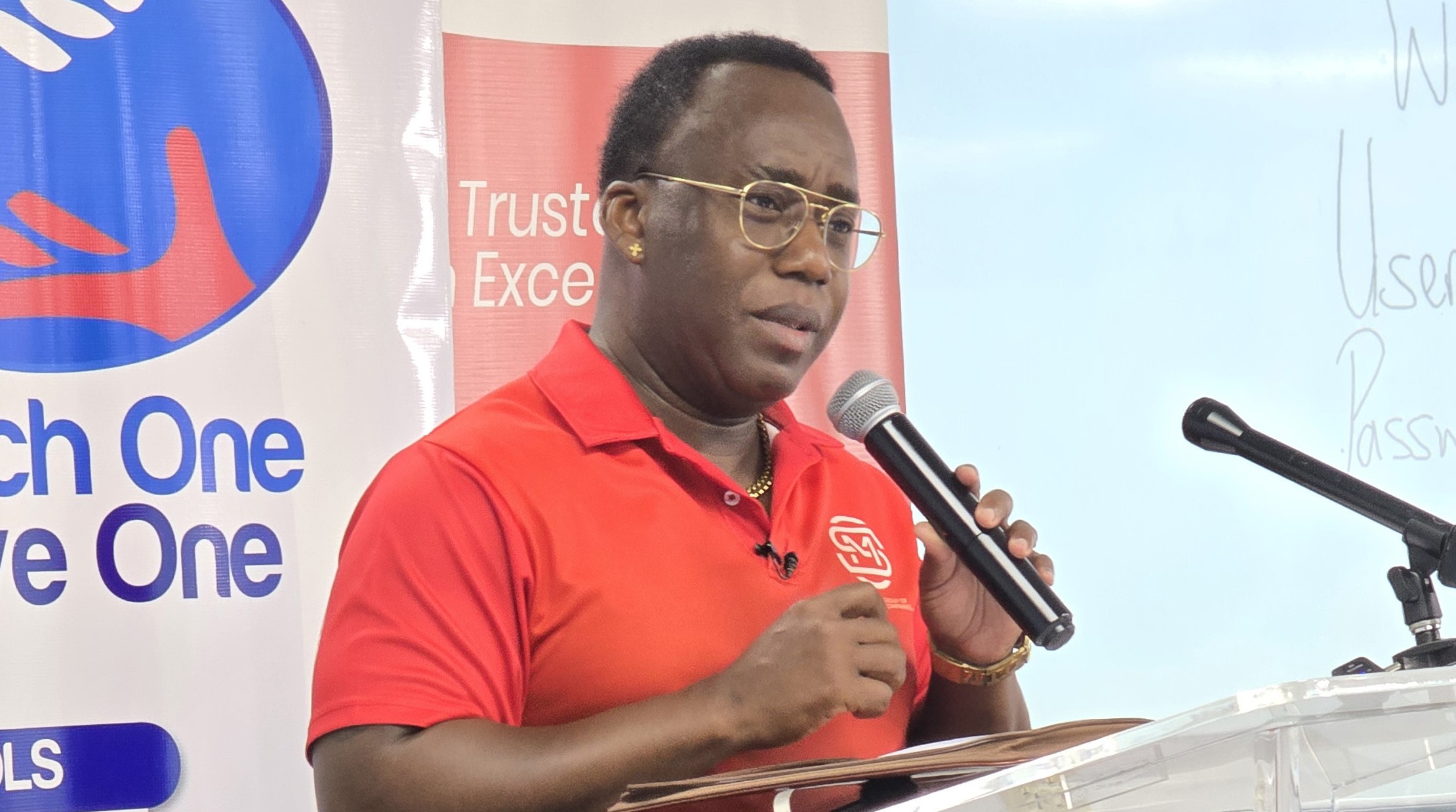The Supreme Counselling for Personal Development is advocating for increased government collaboration and financial support to fully implement its Alternative to School Suspension Programme. This innovative initiative aims to replace traditional suspensions with structured interventions and counselling, addressing the root causes of student misbehaviour rather than merely sending them home.
Sean Clarke, Chief Executive Officer of the organisation, emphasised that the programme is fully prepared for launch but remains stalled due to a lack of funding. ‘Everything is in place except the funds to get going,’ Clarke stated during the Igniting Change Empowering Futures seminar at Sky Mall. ‘We have the infrastructure, the classroom, the facilitators, the coordinator—everything is ready.’
Clarke criticised the current practice of suspending students without meaningful intervention, arguing that it fails to address behavioural issues and often exacerbates them. ‘There’s no evidence that sending students home works,’ he said. ‘Instead, they return to school and repeat the same or worse behaviour.’
The programme offers a 10-day supervised engagement during the suspension period, followed by 10 weeks of counselling to help students reset their trajectory. Clarke highlighted the readiness of the team, which includes psychologists, coordinators, and follow-up services, but stressed the necessity of sustainable funding. ‘Psychologists and other professionals need to be paid,’ he said. ‘We also provide meals for students, which adds to the costs.’
Proposals have been submitted to the Ministries of Education and People Empowerment, but no funding decisions have been communicated yet. Clarke expressed optimism but urged urgency, stating, ‘While the grass is growing, the horse is starving.’
Dr. Ramona Archer-Bradshaw, Chief Education Officer, reaffirmed the Ministry’s commitment to supporting students facing emotional and behavioural challenges. She highlighted the expansion of the Student Support Services Unit, which now includes over 40 professionals, and its positive impact on students through programmes focused on self-esteem, emotion management, and conflict resolution.
Clarke, however, emphasised that addressing student behaviour requires a collective effort. ‘Government has its role, but churches, schools, and parents must also come together,’ he said. ‘This is everybody’s business.’
